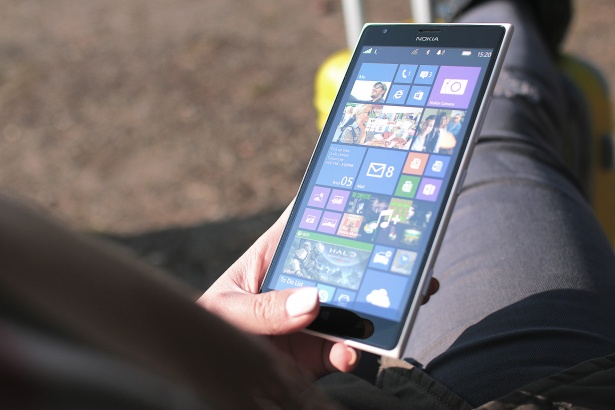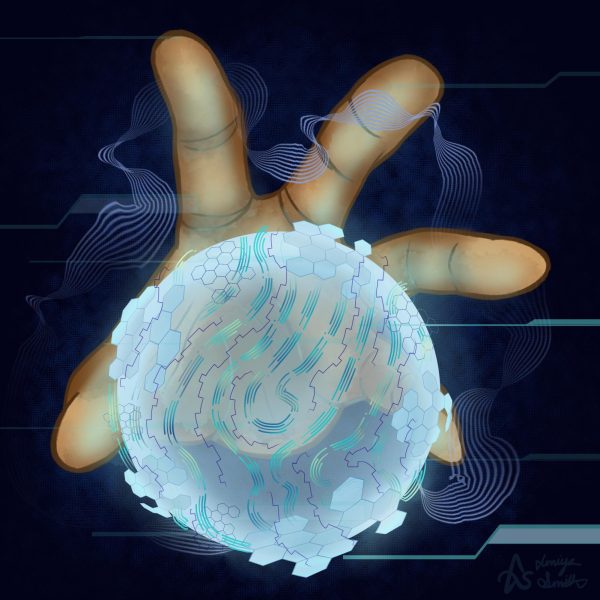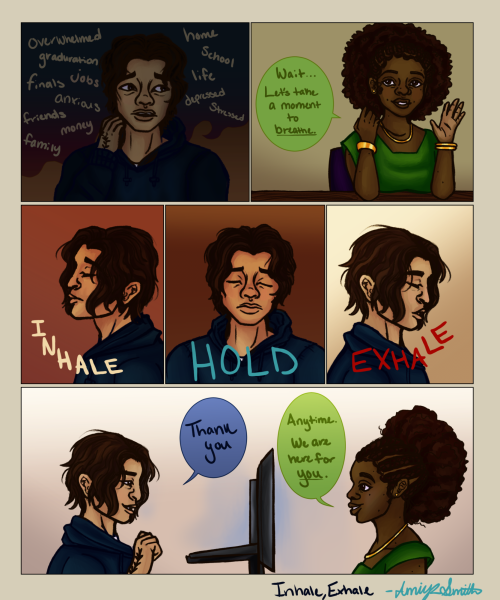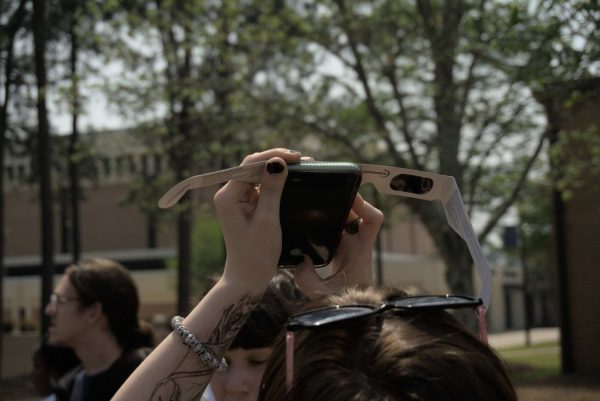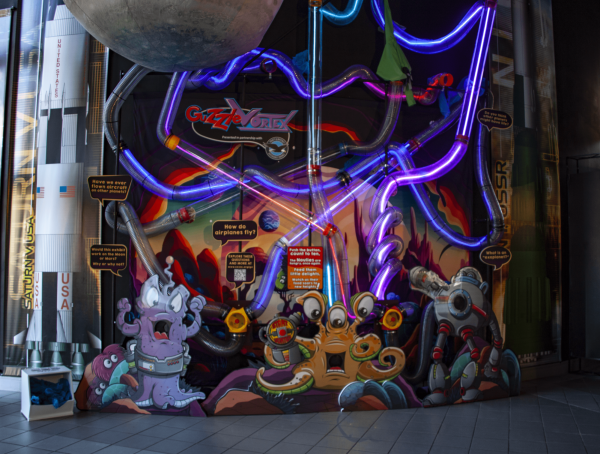Letter to the Editor: How many children made your smartphone?
Among young American adults, smartphones have become almost as ubiquitous as shoes. It’s plain to see why — they’re extremely convenient. Unfortunately, their stylish designs and user-friendliness hide a dark secret about the tech industry. Before smartphones can even be manufactured, people have to mine the materials they’ll be composed of. If only more people knew what some of these miners go through, they might think twice before getting new phones, tablets, or laptops.
Though the Democratic Republic of the Congo contains minerals potentially worth US$24 trillion, most of its people are poor. The World Bank estimates that in 2018, 72% of the population lived on less than $1.90 a day. To survive, many tolerate terrible working conditions in informal mines.
The problems with these mines are too numerous and complex for one article. Armed groups have used some to finance conflicts. Tungsten, tantalum, tin, and gold are sometimes called “conflict minerals” for this reason. Additionally, many miners have been enslaved at gunpoint, with false criminal charges, and with perpetual debt. Google these issues for more info about them. For the sake of brevity, this article focuses on children mining cobalt.
Every device with a rechargeable lithium ion battery, be it a smartphone, tablet, or laptop, contains cobalt. In 2019, over 60% of this mineral came from the DRC. According to a 2018 article by Investigator Siddharth Kara, who cites this organization, at least 20% of cobalt from the DRC is mined by locals in informal mines. Kara estimates that there are over 255,000 such miners — called creuseurs — mining cobalt in the DRC, at least 35,000 of them children. He says some are as young as six.
Working conditions in these mines can be brutal and outright dangerous, some getting buried alive when tunnels collapse. Fortunately, Amnesty International states “most child miners work above ground” (The age of the article is unclear.). But this doesn’t mean they’re safe. Mere exposure to cobalt can cause health problems.
“Inhaling cobalt dust can cause hard metal lung disease – a potentially fatal condition,” writes Amnesty International. “Skin contact with cobalt can cause dermatitis – a chronic rash. Yet the children and other miners have neither masks nor gloves to protect them.”
Children interviewed by Amnesty International worked for up to 12 hours daily, hauling heavy loads for a meager US$1-2 per day. One teenager told them he’d often “spend 24 hours down in the tunnels.” What motivates these children to work so hard for so little? According to Amnesty International, many do it so they can afford school.
Amnesty International stated in 2017 that “[m]ajor electronics and electric vehicle companies are still not doing enough to stop human rights abuses entering their cobalt supply chains…” You can download and read their report on the issue here. None of the 29 companies in the report met international standards for “carrying out human rights due diligence on their cobalt supply chains.” It’s difficult to tell how much these companies have improved since 2017, as Amnesty International hasn’t published a follow-up report.
What can individuals do to address this situation? Unfortunately, there’s no straightforward answer. If we could convince companies to suddenly stop buying cobalt from the DRC, we’d make a poor country even poorer.
In the very least, companies need to know that consumers care about this issue. Consider writing to one or more of them explaining your concerns about child-mined cobalt. International Rights Advocates recently filed a lawsuit against Apple, Alphabet (Google’s parent company), Dell, Microsoft, and Tesla for “knowingly benefiting from and aiding and abetting the cruel and brutal use of young children in Democratic Republic of Congo (‘DRC’) to mine cobalt.” You can find contact information for these companies here, at the bottom of the page.
You can also spread the word about what’s happening. Not only will this put pressure on companies to be more transparent — If the right people learn what’s happening, they may come up with new solutions.
To avoid supporting child labor and other unethical practices, you can stop buying new cobalt-containing devices. But of course, this won’t alleviate the poverty that leads children to work in the mines. If you have enough money to buy a new device, you have money to spare. Consider giving some to a reputable charity that helps children in the DRC.
The DRC isn’t just another poor country; it fuels modern lifestyles around the world. Many of us have unknowingly benefited from child labor and other unethical practices in some of the mines there. In this era of globalization, we need to be extra careful with our purchases and vigilant against exploitation.



